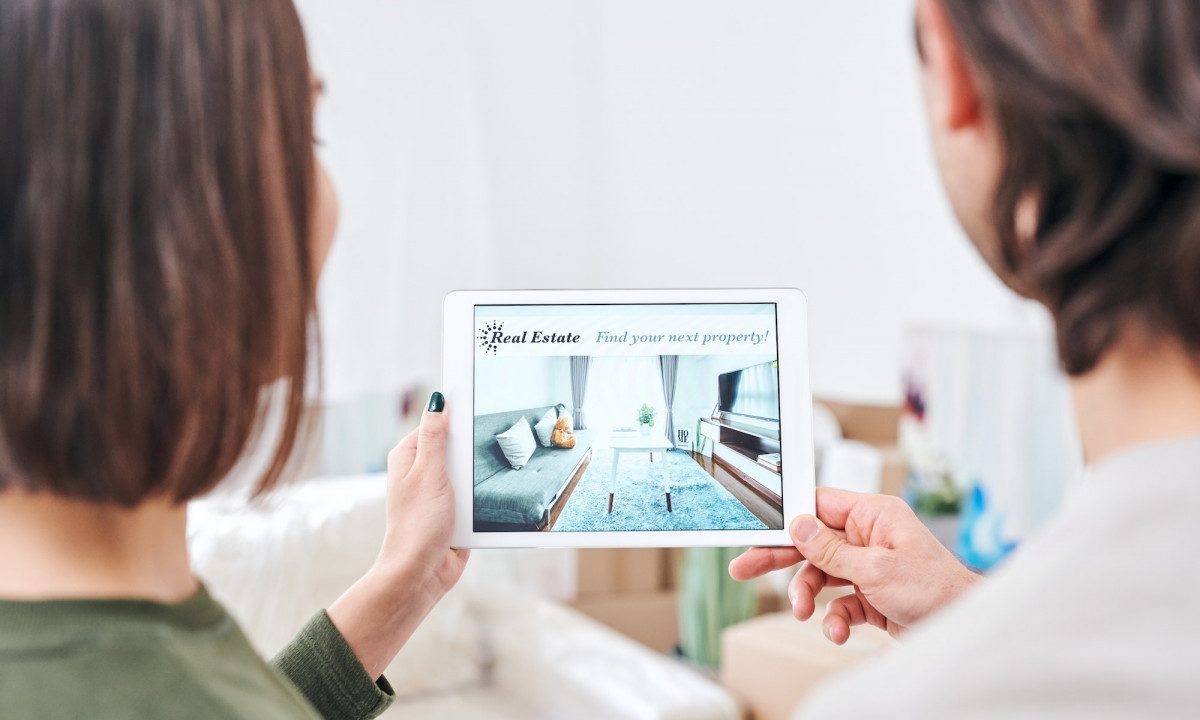Smart Homes vs. Traditional Homes: A Mental Health Perspective
The rise of smart home technology has revolutionized the way we live, offering increased convenience, enhanced security, and energy efficiency. However, as with any technological advancement, there are potential implications for our mental health. In this article, we will explore the pros and cons of smart homes from a psychological perspective.
The Pros of Smart Homes
- Increased Convenience: Smart homes can automate routine tasks, freeing up time for more enjoyable activities. This can reduce stress and improve overall well-being.
- Enhanced Comfort: Smart homes allow you to customize your environment to suit your preferences, creating a more comfortable and relaxing living space.
- Improved Security: Smart home security systems can provide peace of mind by deterring intruders and monitoring your property. This can reduce anxiety and promote a sense of safety.
- Energy Efficiency: Smart homes can help you reduce your energy consumption, leading to cost savings and a positive impact on the environment. This can contribute to a sense of satisfaction and well-being.
The Cons of Smart Homes
- Overreliance on Technology: Excessive reliance on smart home technology can lead to a sense of dependence and decreased autonomy. This can negatively impact self-esteem and mental health.
- Privacy Concerns: Smart home devices collect and store personal data, raising concerns about privacy and surveillance. This can lead to feelings of unease and anxiety.
- Digital Overload: The constant stream of notifications and updates from smart home devices can contribute to information overload and stress.
- Potential for Addiction: Excessive use of technology can lead to addiction, which can have negative consequences for mental health.
Balancing the Pros and Cons
While smart homes offer many benefits, it’s essential to use them mindfully and in moderation. Here are some tips for maintaining a healthy balance:
- Set Boundaries: Establish limits on your use of smart home devices to avoid excessive reliance.
- Prioritize Human Connection: Make time for face-to-face interactions with friends and family to maintain strong social connections.
- Practice Mindfulness: Engage in mindfulness techniques to reduce stress and improve focus.
- Choose Quality Over Quantity: Prioritize smart home features that truly enhance your quality of life, rather than accumulating unnecessary devices.
Conclusion
Smart homes can offer significant benefits for mental health, but it’s important to use them wisely. By understanding the potential risks and taking steps to mitigate them, you can enjoy the benefits of smart home technology while maintaining a healthy balance in your life.





